Esports – is a fairly new phenomenon recognized as a significant part of the sports and entertainment worlds in the past decade or so. The origins of competitive video gaming go back a few decades to the early days of personal computers. Still, gaming didn't become as prevalent on a competitive level until the 1990s, when more games began coming in.
Surprisingly, the games to give esports their high profile today are not as popular today as the ones that generate the highest interest. Much of the early day competitions were down to the arcade-style fighting games created by Capcom, namely with Street Fighter and Marvel vs. Capcom.
Eventually, the Evolution Championship Series (EVO) was founded in 1996 amid what was already a growing interest in such competitions. However, in these early days, the idea of playing games for a living was still outlandish and elicited a strong reprimand in people of affairs.
In 1997, Red Annihilation hosted the first esports tournament that would award a massive prize pool, a 1987 Ferrari 328 GTS owned by John D. Carmack, one of the game's developers. The car was worth around $70,000 in today's prices, making it a very worthwhile reward for anyone who played games for a living.
Following these initial efforts, the 2000s were upon us, and before long, StarCraft: Brood War became a phenomenon of its own right as KeSPA, the organization that oversaw the professional South Korean Brood War scene, was formed and pushed the game to new summits.
Then Counter-Strike arrived. This was a game based on a modification of Half-Life, Valve's flagship game that was designed as a direct competitor to Quake. Speaking to many professional gamers at the time, they all agreed that Half-Life was a fantastic game, but one that failed to quite live up to the same pace of play as Quake. Counter-Strike was there to pick up the slack, though, and before long, the game was adopted by Valve as its own, with the people behind the modification invited to join Valve's team and spearhead development efforts. The fighting community continued to thrive as well, concentrated mainly in North America and the United States in particular. However, the fighting games community or FGC did end up existing in a bit of a vacuum and focused on in-person attendance rather than online tournaments. This may have stayed some of its momentum and ability to grow, but that wasn't too bad, as it also showed a different way to run things. By that time, EVO wasn't the only significant event around.
DreamHack had been running since 1994, and to make things even more exciting, Mike Sepso decided to found the Major League Gaming (MLG) designed in the image of the big American sports leagues in 2002. From that point on, esports would explode amid skepticism about the segment's relevancy to popular culture, education, and business. Twenty years since the turn of the century, esports is still growing, and they have shaped themselves into a multi-billion industry.
The Esports Games That Set the Scene
Esports goes a long way back as we have established. Yet, while some games have inspired players and publishers to vie for bragging rights, the occasional luxury car, and monetary prizes, there are some games that have helped set the esports stage better than others. The best competitive games in the 2000s are surprisingly some of the best competitive games today. The lasting legacy of these esports games demonstrates their staying power and true potential that few other games have been able to match, let alone excel.
- CS GO
- Starcraft II
- Dota 2
- Call of Duty
Of course, new games and genres have emerged as a result. Yet, the competitive games that determine today's esports world were there when it all started in the mid-1990s and early 2000s, and they continue to be an indelible part of the community. Some are new arrivals, granted. However, Counter-Strike: Global Offensive (CSGO) has been around for many years now, and the community continues to grow. Tournament hosts such as BLAST Premier allocate millions in annual prize pools to make sure that players stay motivated and that new prospects are training for a chance to break into the highest echelons of the game. The first-person shooter was very much defined by CS:GO.
Another popular title is Starcraft II. Its predecessor, Starcraft: Brood War, helped shape much of today's real-time strategy genre. In fact, there is hardly another RTS competitive game to enjoy the same level of appreciation and devotion from fans and players, and ESL continues to host it as part of its flagship events around the world, in both North America and Europe. One game that drove the size of tournament prize pools significantly, though, wasn't CS:GO or Starcraft II. Instead, it all started with a modification of Warcraft III, another strategy by Blizzard. As the map editor in the game, the World Editor allowed ambitious "modders" to create Defense of the Ancients, a game that later transitioned into Dota 2.
Dota and Dota 2 specifically was the first game to feature a seven-figure prize pool for a single event. The game launched its own version of the World Cup, and over the years, it has been largely successful. Dubbed "The International," this ambitious event proved vastly successful. The first iteration came in 2011 and featured a $1 million prize pool which was massive by the time's standards. In 2021, this prize pool has grown to $40 million. Dota 2 helped shape the so-called Multiplayer Online Battle Arena (MOBA) genre, which gave rise to many worthwhile successors and other competitive PC games, such as League of Legends, Heroes of the Storm, and some other now forgotten titles.
Call of Duty, another great game with a rich history, cottoned on the esports trend and quickly began to shape its future as an esports title. The game spawned titles that focused not only on great story-telling and campaign but also on different aspects of the esports experience, with Call of Duty now running as a franchised league today and running several competitive titles simultaneously.
Asymmetry in games
It is worth paying attention to what is called "video game asymmetry. It allows players to choose asymmetrical character strengths to their liking before the game even begins. There are several options for the proper use of such asymmetry. The asymmetric model is prevalent in the models of all modern games. Why? We have studied this question a lot and talked to a lot of people, and here are its main advantages: "It adds variety," "It is easier to learn the game," "It stimulates a different way of playing," "It supports the preferences of players.
Arguments about "variety" are based on the assumption that the system by itself - without content additions - cannot be interesting at all. Proponents of this view simply can't imagine a deep enough game system that doesn't contain enormous opportunities for diversity. To capture the attention of an adult, they need something extra - asymmetry, technical tricks, an important social message...
"It's easier to master a game this way" in today's version of the cumulative effect of video game asymmetry on ease of learning is rather negative - mainly because this approach encourages designers to introduce too much content into the system. Learning one character to begin with is great, but to play properly, you have to learn all the rules, not just the stuff about one character. There are usually a lot of characters in these games. So in practice we have an easy start and a very long distance to master the game. Over time, the following argument against asymmetry is gaining more and more strength: how do we choose which character to play as? Suppose we have a fighting game with a couple dozen characters. Let them be balanced in principle (a serious assumption, but still allowable). And suppose you have a "pure" choice - without regard to the metagame and the choice of your opponent. Such a choice forces the player to make a decision in the face of conflicting interests: play for the one with whom it is more likely to win, or for the one with whom you can have the most interesting game? In essence, the choice is between playing to win and having a quality game experience.
What Were the First Esports Tournaments, Their Prize Pools, and Top Teams?
A lot that has happened in competitive video gaming happened in the past 20 years. As such, many of the organizations that have been competing in the 2010s are competing, although quite a few new teams have emerged. The main esports archetypes, name CS: GO, Dota2, Starcraft II, were the first to set the scene, naturally.
They had numerous tournaments with ESL, formerly known as the Electronic Sports League, but recently rebranding to be known by its abbreviation as an official name, Valve and DreamHack hosting a range of events for these three games.
- Electronic Sports League tournaments
- Valve tournaments
- DreamHack tournaments
ESL and DreamHack were very keen on bringing as many games into the fold as possible. Valve let the ESL handle CS:GO, which was already its own contained esports scene but put a lot of effort into promoting Dota 2, pushing the current prize pool to over $40 million.
A Look at Competitive Dota 2
The best part is that Valve is only paying a fraction of that but has created valuable content that players have been keen on purchasing, contributing a small fee towards the end prize purse. As a result, The International has a yet unmatched amount as its prize pool.
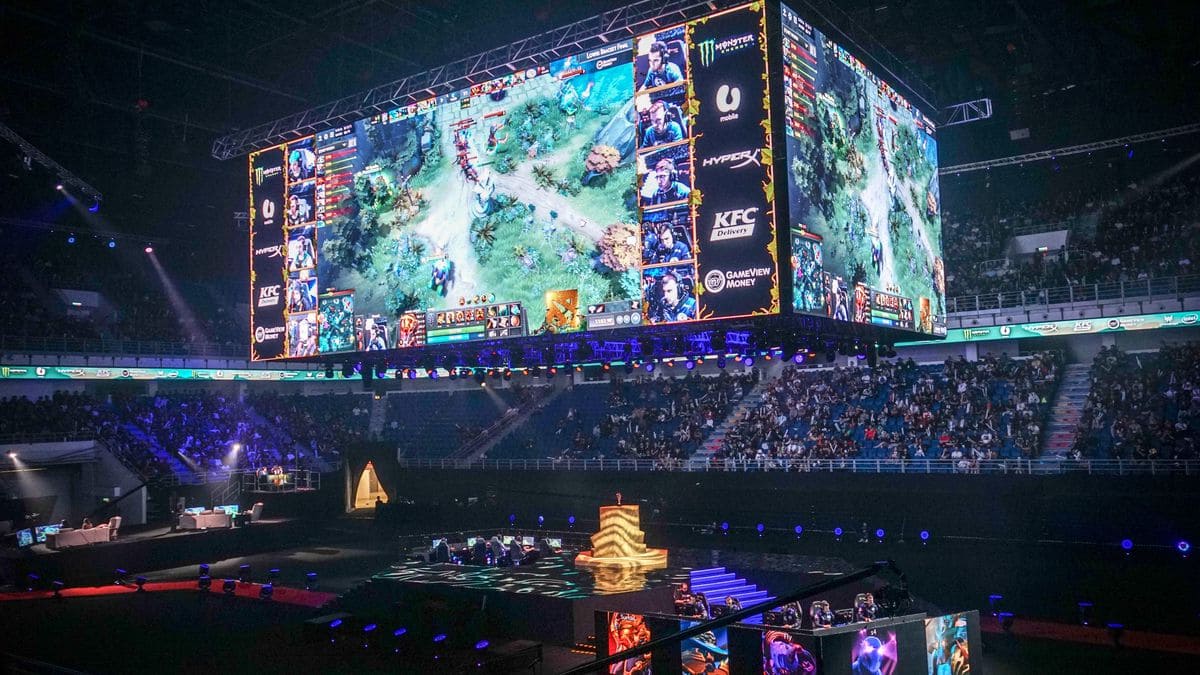
Interest in the game has not subsided either. The top teams are still there, with many new ones entering, too. From Na'Vi, who won the inaugural The International, to PSG.LGD, Team Secret, and Team Liquid, the game's competitive scene is filled with talented players and teams.
A Look at Competitive CS: GO
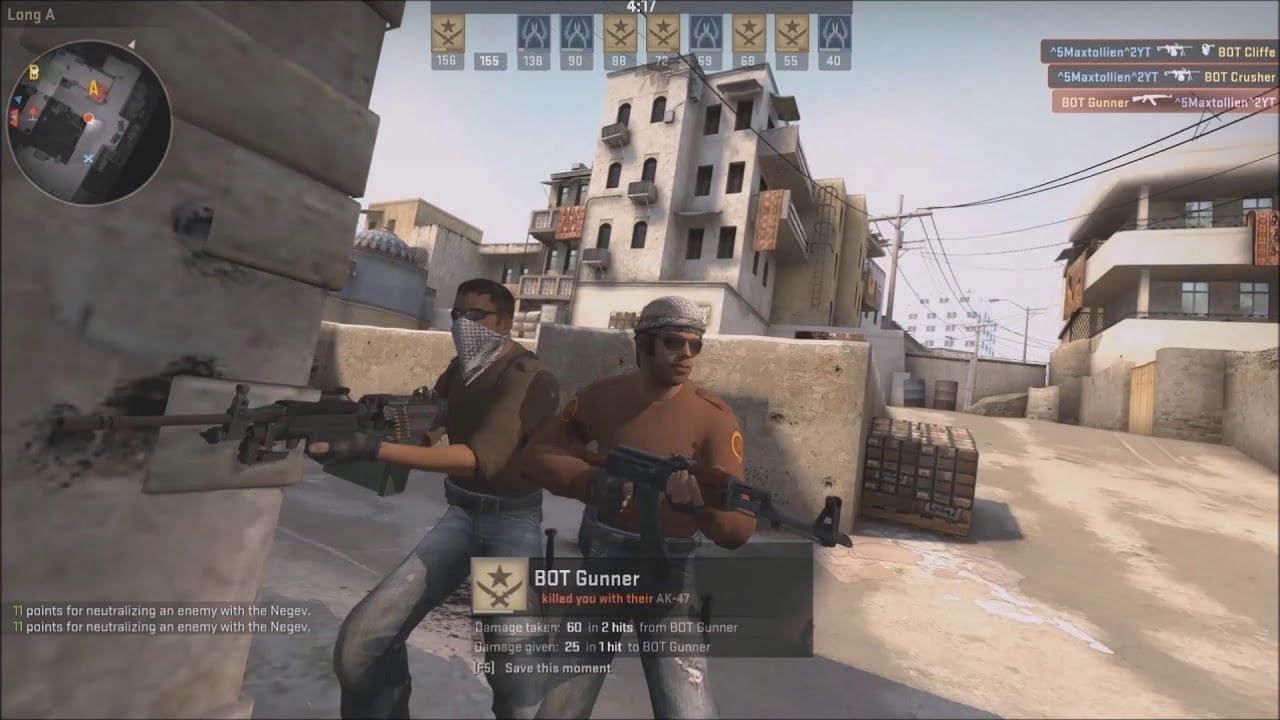
CS: GO – is a much more fragmented game, and players usually compete in separate events, but the prize pools for the top-tier events can range from $250,000 to $1 million. However, the competitive scene around CS:GO has progressed at a steady clip. Today's competitive scene is dominated by many established teams, including Astralis, Gambit, G2, Virtus.pro, FaZe Clan, BIG, NIP, and many others.
A Look at Competitive League of Legends
League of Legends – is another fantastic title that has helped to shape much of the esports world. While Dota 2 has always been known as the more complicated game to get into, League of Legends has managed to introduce players to the seemingly complex world of MOBA with ease.
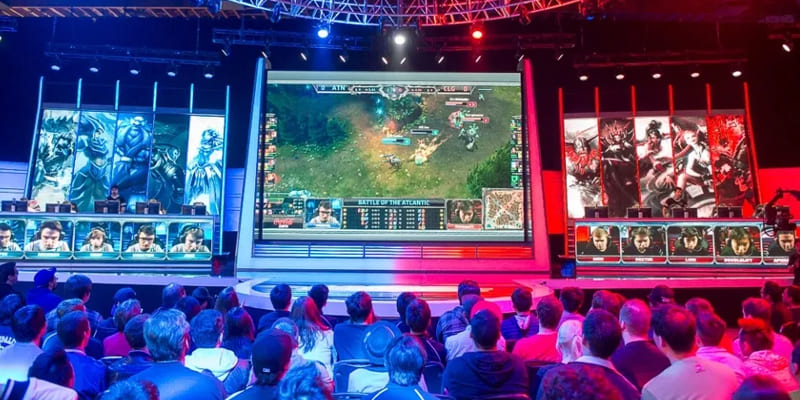
The game is fun to get into, and mistakes aren't punished too badly when you are only getting started with the game. The highest competitive event is known as The Worlds, and it features $1 million. Riot Games, the studio behind the game, has helped shape much of the competitive scene creating franchised leagues all over the world.
Asia and North America seem to be the two dominant forces, with European teams trying their best but facing intense competition. Today's top franchises in LOL Esports are DWG KIA, Royal Never Give Up, Gen.G, FunPlus Phoenix, and others.
In fact, only two out of the top 10 ranked teams do not hail from South Korea or China, which goes to show how popular they are. League of Legends download is available at the official game website.
A Look at Competitive Fortnite
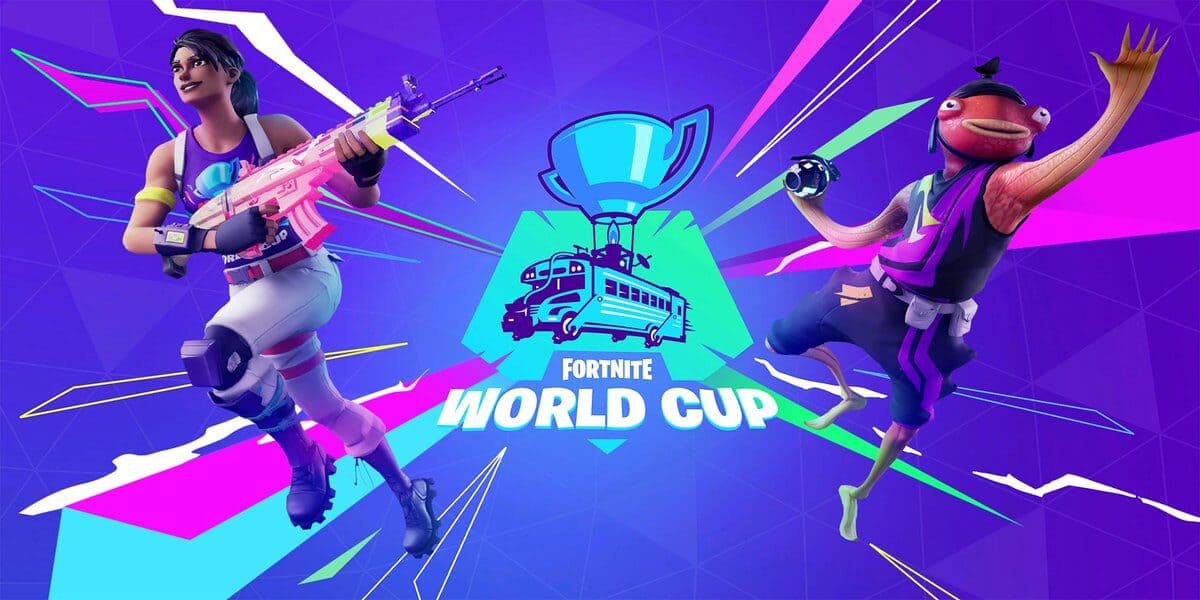
Fortnite – is a trendsetter itself. This competitive game was born from a man versus machine concept and gradually became the best example of a "battle royale" game, inspiring many others. Today, Fortnite runs a World Cup, the first edition of a $30 million prize pool that was fairly evenly distributed among participants.
A Look at Competitive Valorant
Valorant – is Riot Games' latest fantasy shooter that successfully combines elements of Counter-Strike and another game, Overwatch. The game relies on sharp shooting and the smart use of special abilities. While Valorant is still a little too young, it is already boasting around 5,000 professional gamers who are competitive players.
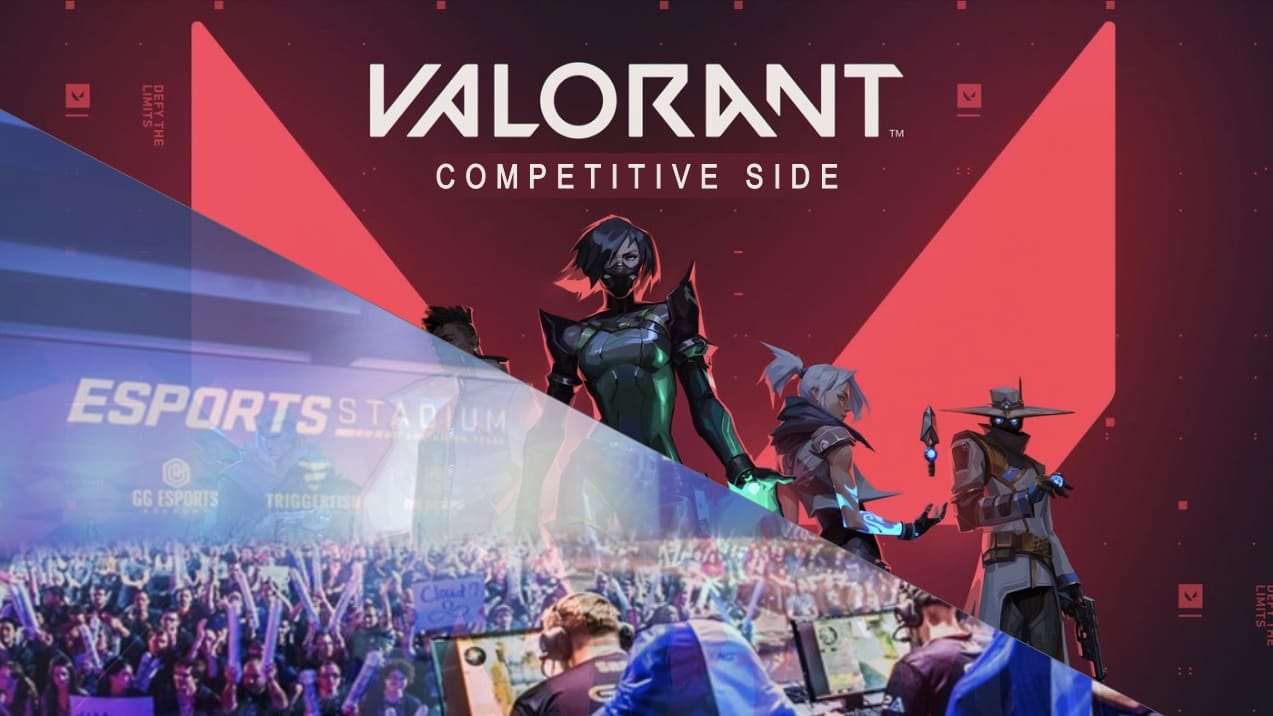
It's difficult to pinpoint which the most skilled teams in the competition are right now but based on official rankings, that is Acend, followed by Team Liquid, G2 Esports, Gambit Esports, and others.
A Look at Competitive Rocket League
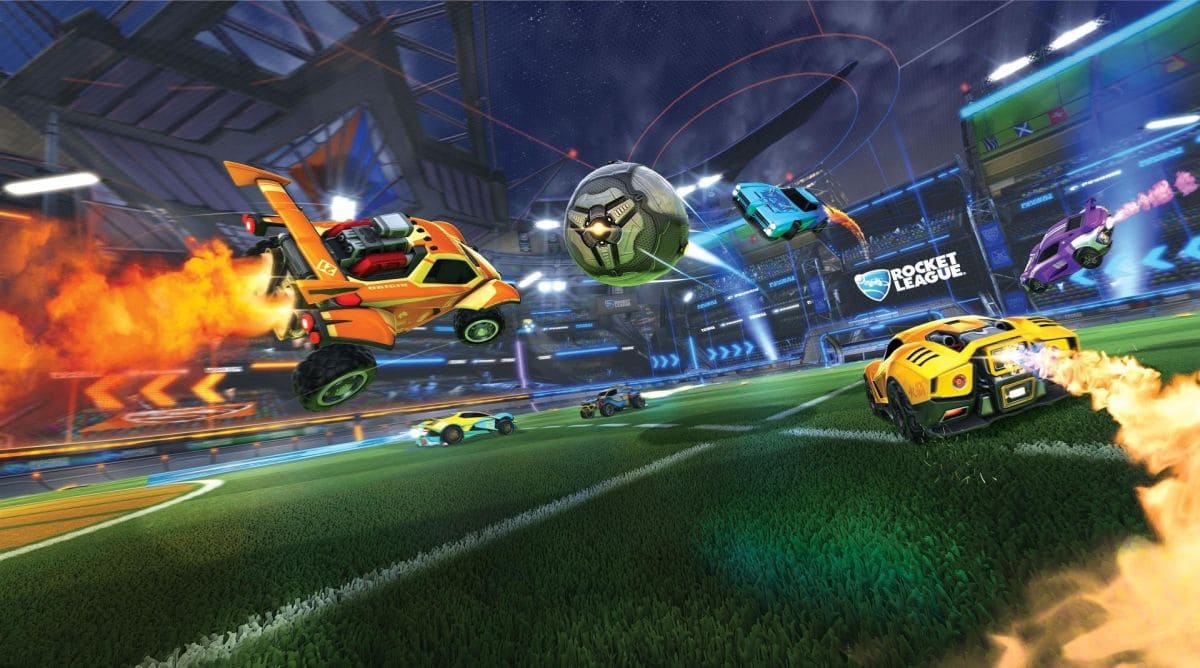
Rocket League – is another competitive title that is worth a mention. The game is played very actively on a collegiate level, and it has emerged as a worthwhile esports game on its own. Today, the prize pools behind A-Tier Rocket League competitions aren't great, but the game lives on, and it attracts a fair chunk of professional players. You can get Rocket League download for free at the game’s website.
A Look at Competitive Apex Legends
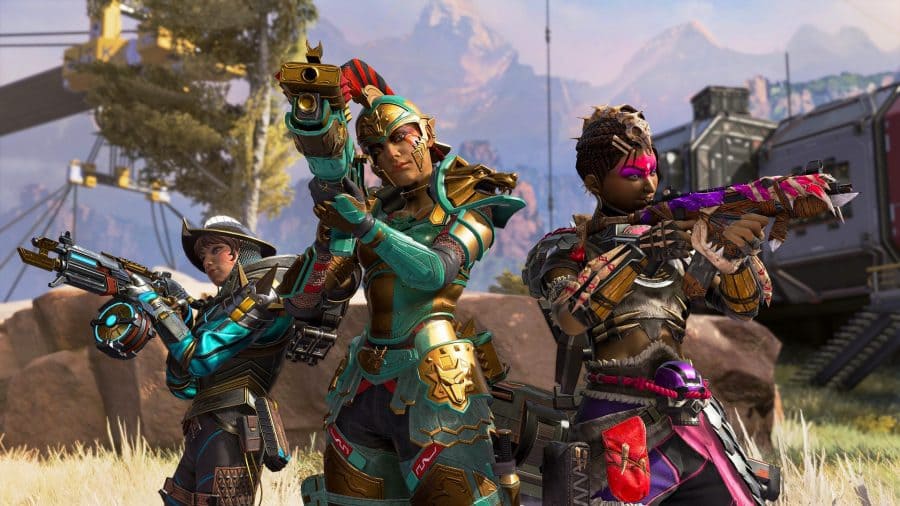
Apex Legends – is an ambitious first-person shooter with elements of battle royale developed by Respawn Entertainment. The game is inspired by the Titanfall series, albeit it’s a separate title altogether. The game’s initial hype and dedicated commitment to its development have brought on a strong competitive scene around it. Today, the game’s most prominent tournaments include the Preseason Invitational, Twitch Invitational, and many others. For a PC Apex Legends download, please head over to the game’s website.
What Games Are Esports and Where Do You Get Them?
So far, we have covered a lot of ground when it comes to esports, and if there is one thing that immediately stands out, that is that most are free online games. All of the games mentioned above can be downloaded freely without paying a penny, which is one reason why they are so popular.
We will now take a closer look at each and explain who the developers are, how frequently games are updated, and also where you can download them. Some games may be more popular in one country, while others may prove a bigger hit in others.
On the whole, though, the esports games we take a look at today are considered a global phenomenon and not an isolated event, and that makes them all the more impressive and worthwhile. Let's take a deep dive.
Dota 2
- Developer: Valve Corporation
- Released: July 9, 2013
- Genre: MOBA
- Available: PC
- Download: Steam
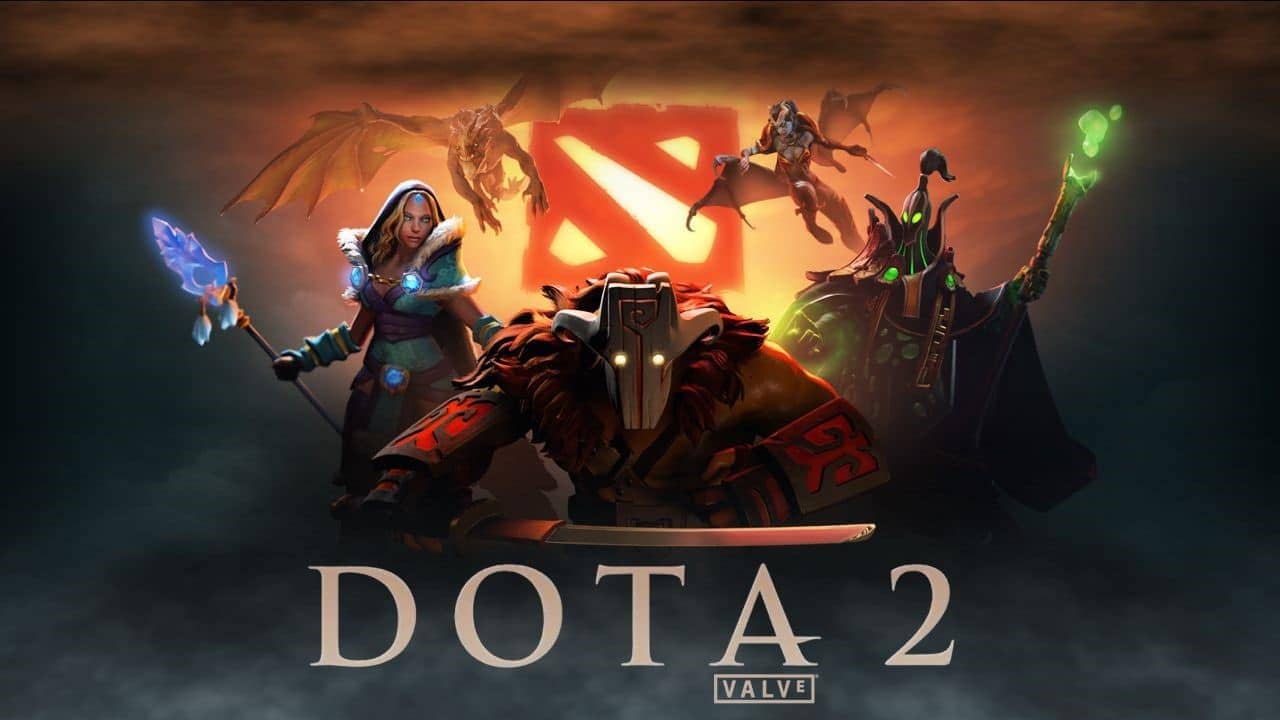
Dota 2 – is one of the most popular MOBA games there is. Developed by Valve Corporation and adopted as a map modification from Warcraft III, the title is one of the most popular choices out there when looking for a competitive PC esports game. You can download the title for Steam, Valve's dedicated digital games marketplace, and you can do so for free.
Because of how popular the game is today, you will find many tournaments for it. The most prominent ones are those organized by Epic League, PGL, and WePlay, which are often part of the Dota Pro Circuit leading to The International event.
Popular esports teams to compete in this game include Team Liquid, Team Nigma, Team Secret, PSG.LGD and Evil Geniuses, all of which are considered some of the most accomplished competitive powerhouses.
Counter-Strike: Global Offensive
- Developer: Valve Corporation
- Released: August 21, 2012
- Genre: FPS
- Available: PC
- Download: Steam
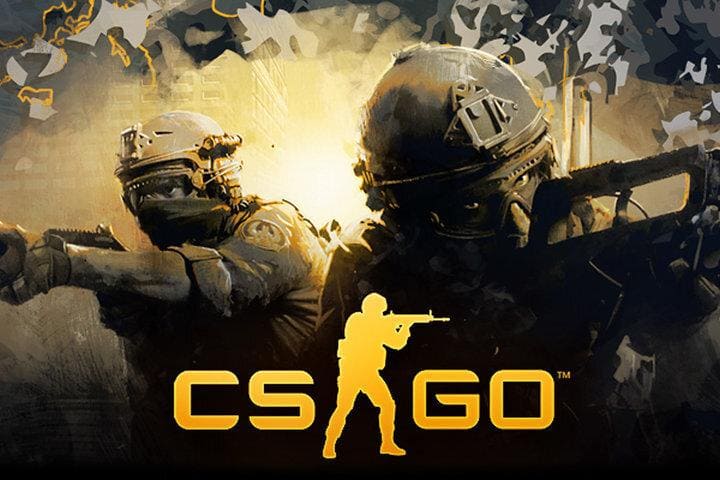
Counter-Strike: Global Offensive – is one of the most popular first-person shooters out there. Released in 2012 as a continuation of Counter-Strike v1.6, the game has had its cult following over the world. Europe seems to be the country that enjoys the biggest engagement, but CS:GO is equally popular in North America.
Sweden and Russia seem to lead the way when they play a lot of Counter-Strike, which is expected. The game had $15 million allocated in prize money in 2020 alone, with more tournaments announced in 2021 and many prize pools growing again.
Today, you will see that PGL, ESL, and BLAST Premier continue to host numerous events that are a key driver of interest among fans. More importantly, they continually grow the available prize pools. Popular esports teams here are G2, Gambit, Astralis, and others.
League of Legends
- Developer: Riot Games
- Released: October 27, 2009
- Genre: MOBA
- Available: PC
- Download: League of Legends Dot Com
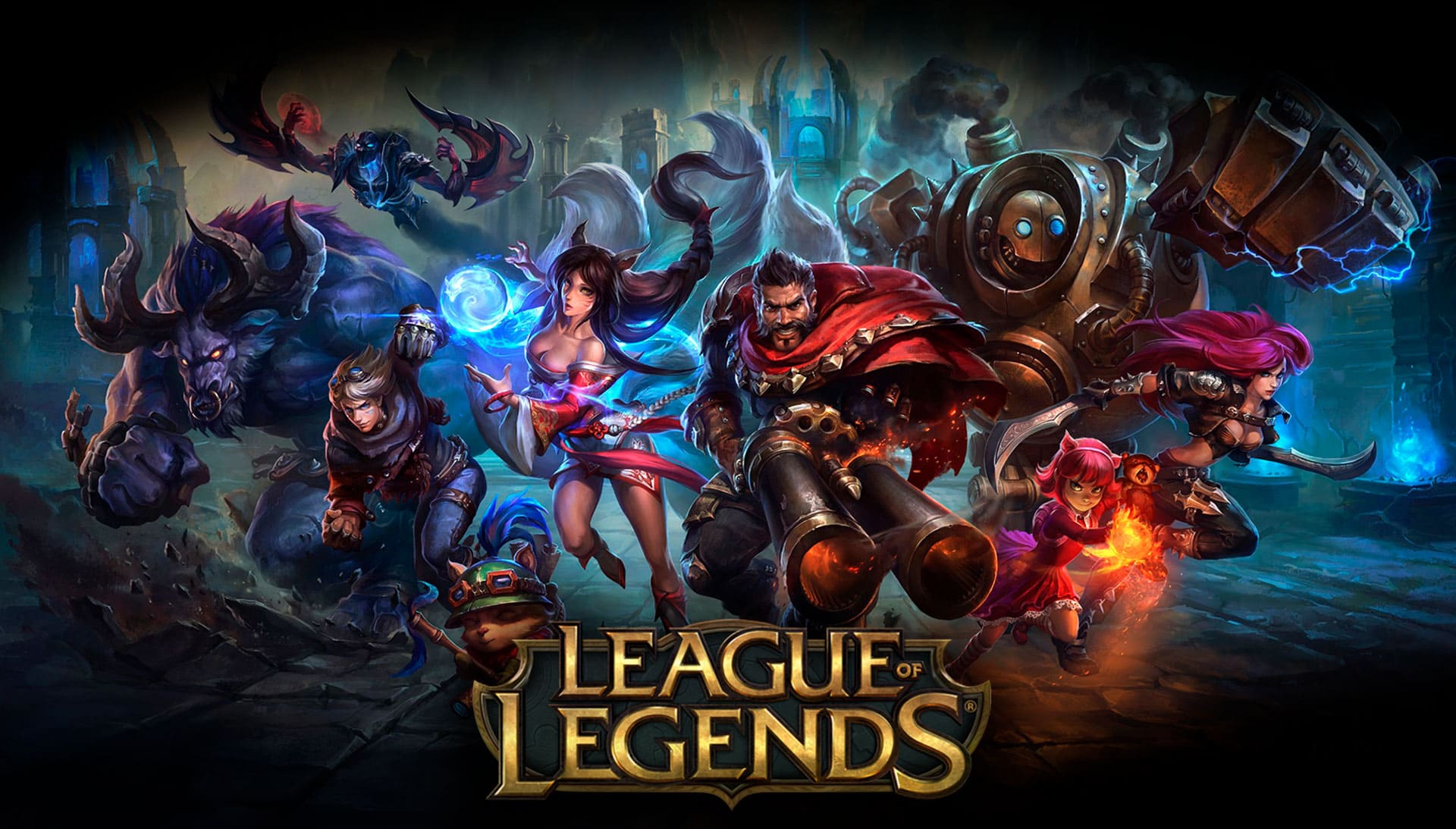
League of Legends – is another MOBA title inspired partly by Dota2 but, according to Riot Games, improving on many of its imperfections. The game is once again available for free, and you will enjoy an excellent variety.
LOL is popular all over the world, with no one geolocation pulling ahead of the others. While South Korea and China are definitely the most dominant forces, Europe and North America play as much League of Legends.
The franchised leagues worldwide, Mid-Season Invitational, and The Worlds are some of the most noteworthy events about the game, featuring millions worth of prize money. A single slot in the leagues could cost anything from $20 million to $40 million or more, depending on how competitive the league is and how many eyeballs there are.
Royal Never Give Up and FunPlus Phoenix are two of the most accomplished teams in the game, and they are likely to continue being so in the following years.
Fortnite
- Developer: Epic Games
- Released: July 21, 2017
- Genre: Battle Royale
- Available: PlayStation 4, Nintendo Switch, Android, iOS, Xbox One, PlayStation 5, Xbox Series X and Series S, Microsoft Windows
- Download: Epic Games

Created by Epic Games, Fortnite is a brilliant battle royale game. The 2020 esports season featured $100 million in prize money, with the Fortnite World Cup inaugural edition holding a $30 million prize pool that was split between participants fairly evenly.
The game generates a lot of interest, and it can be downloaded for numerous platforms and played in cross-play. You can get it from the Epic Game store. The rank list of the world's best Fortnite players quickly changes, but you will find many familiar names such as EpikWhale, JannisZ, Arkhram dominating the top tiers of competitive play.
Valorant
- Developer: Riot Games
- Released: June 2, 2020
- Genre: FPS
- Available: PC
- Download: Play Valorant Dot Com

Valorant – is another great FPS developed by Riot Games. The game combines Counter-Strike and Apex Legends elements as it uses both special character abilities and a skill-based shooting mechanic that gives players a lot of breath.
Currently, the most popular event for the game is the VCT Challengers, which is Riot Games' first forays into competitive space and an attempt to position itself as one of the leading shooters. Many CS:GO professional players have already made the shift towards Valorant.
Because the game is still a bit new, you may notice that there aren't very clear favorites, but some esports squads seem to be doing at least slightly better in the overall competition.
As it turns out, the same established CS GO esports teams are dominating the VCT competitive space, with names such as Gambit Esports, G2 Esports, and Team Liquid currently ranked highest.
Valorant has awarded a total of $4,982,645 across 392 tournaments so far, making it one of the best and most generous new titles out there to try your hand at yourself.
Apex Legends
- Developer: Respawn Entertainment
- Released: February 4, 2019
- Genres: FPS
- Available: PlayStation 4, Nintendo Switch, Xbox One, Microsoft Windows, Android, iOS
- >Download: EA
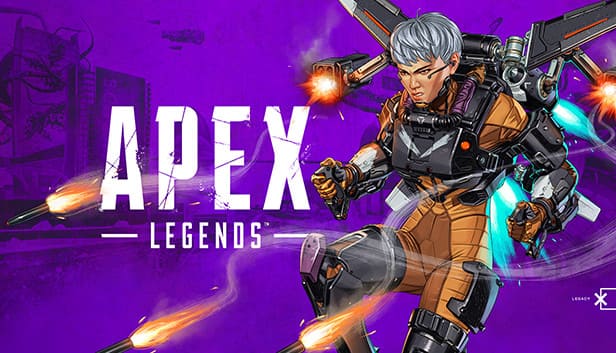
Apex Legends – is another brilliant game you would very much enjoy having fun at. Inspired by the Titanfall universe, this is not a Titanfall game. Yet, it combines the raw shooting elements of Counter-Strike: Global Offensive and quickly sprinkles them up with the fantasy abilities of Overwatch.
The game has a very gritty detail to it making it a more serious shooter than most and putting players in a competitive mind from the start. It's been developed by Respawn Entertainment, and it has been one of the biggest games in 2019, posting record-breaking player numbers in just hours.
Apex Legends has allocated $6,664,325 across 336 tournaments and is developing at a good pace. Presently, the top five teams in the game include Team SoloMid, now rebranded as TSM FTX, NRG Esports, WOLFPACK, Sentinels, and not least, Rogue.
Rocket League
- Developer:Psyonix
- Released: July 7, 2015
- Genres: Racing/Sports
- Available:PlayStation 4, Xbox One, Nintendo Switch, PlayStation 5, Microsoft Windows, macOS, Linux
- Download: Epic Games/Rocket League
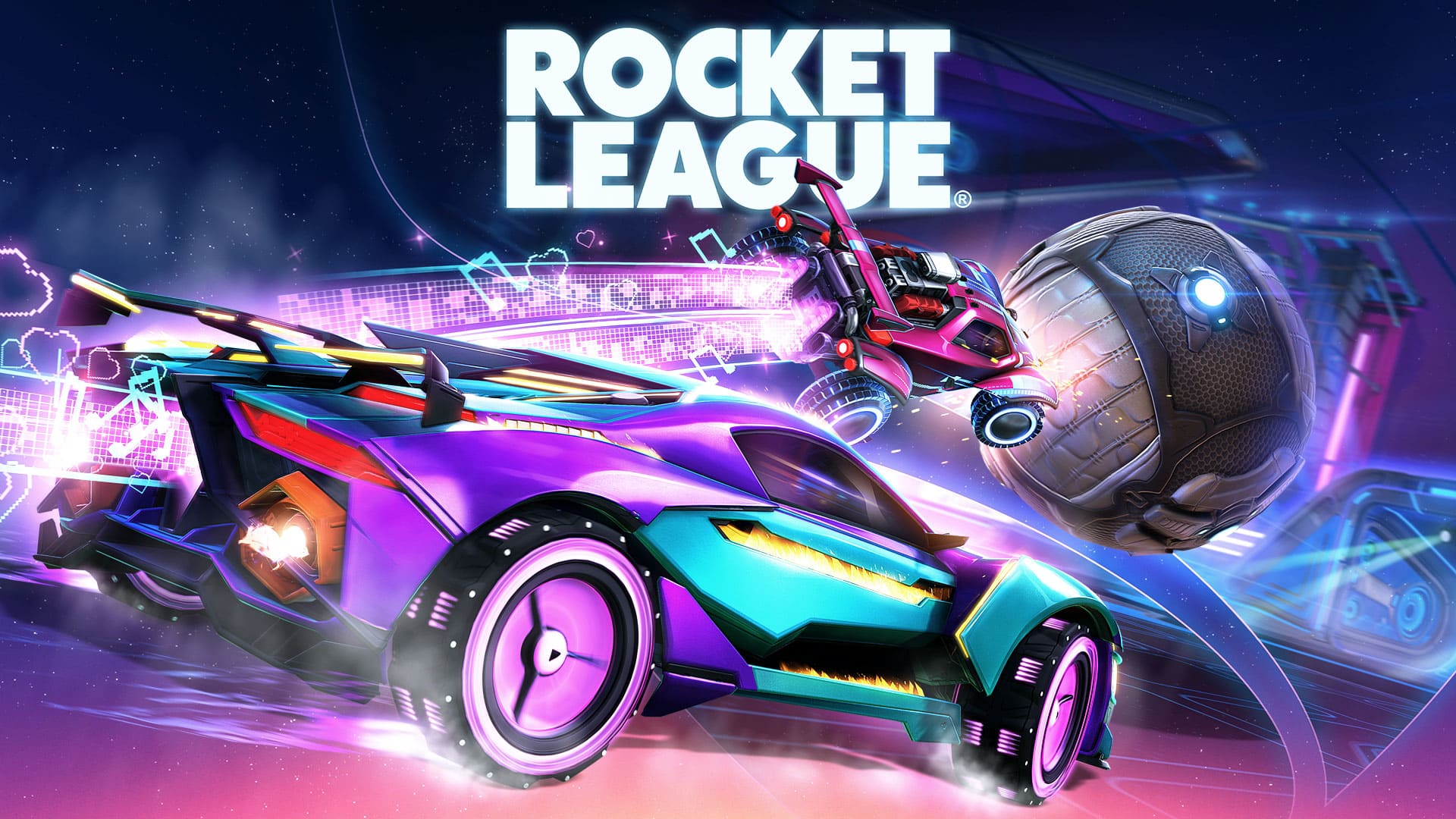
Rocket League – is an ambitious esports project developed by Psionix that brings together some interesting elements from soccer games such as FIFA and racing games. In the game, you play in two teams of three and control different cars that are trying to score a giant ball in the opponent’s net.
The unusual soccer concept has proven exceptionally popular and today, Rocket League is one of the genre defining games in competitive gaming. Popular events for the game include but aren’t limited to the Intel World Open, the RLCS and the Rocket League Summit. The game is also heavily featured on a collegiate level. To get involved yourself, get your Rocket League download right away.
The World's Best Esports Teams Today
Do many people wonder who the best esports teams in the world are? It's the same as asking which the best sports team is. You have to consider the discipline a team competes in. For example, Team Liquid is almost equally good at Valorant and Dota 2, but these are two very different games.
To clarify some of the world's most prominent organizations that participate in competitive video gaming, we will go through some of the details you ought to know about them, including when they were founded and what games they are competing in today.
Team Liquid
- Founded: 2000
- Games: Artifact, Apex Legends, Clash Royale, Call of Duty: Modern Warfare, Counter-Strike, Fortnite, Dota 2, Free Fire, Hearthstone, Heroes of the Storm, League of Legends, PUBG, Rocket League, StarCraft II, Super Smash Bros, Street Fighter, Tekken 7, Valorant, Tom Clancy's Rainbow Six Siege
- Famous players: Stewie 2K, Clem, Harstem, MaNa, miCKe, Boxi, qojqva
- Sponsors: Alienware, Honda, IMC Trading, HyperX, Jersey Mike's Subs, Marvel Entertainment, Monster Energy, Secretlab, SAP SE, Twitch
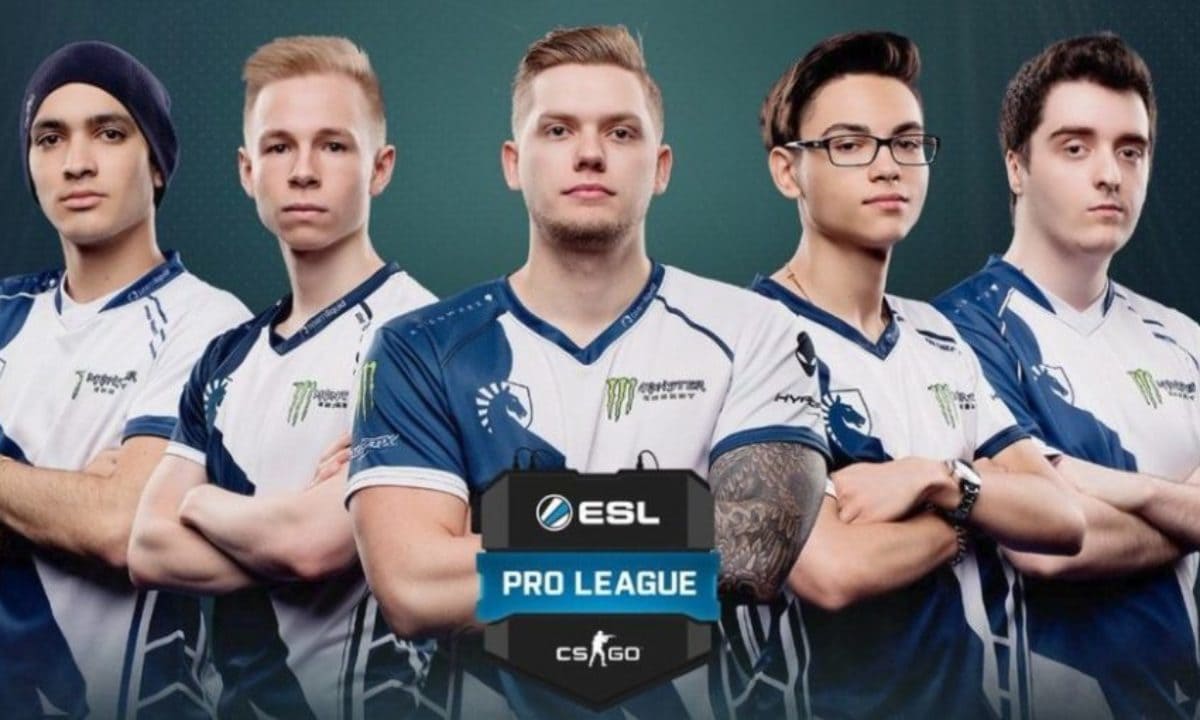
Team Liquid – is an exceptional organization founded in 2000 and exploring the world of competitive gaming with unmatched determination. The team has competed in virtually every major game out there, including StarCraft II, Dota 2, and Counter-Strike, games in which they excel. Liquid is one of the highest-grossing Dota 2 teams as well, with their tournament winnings featuring many distinctions that have turned the team's players into millionaires.
Gambit Esports
- Founded: 2013
- Games: Counter-Strike: Global Offensive, Dota 2, Fortnite Battle Royale, Valorant
- Famous players:Dosia, AdreN, mou, hooch, wayLander
- Sponsors: AS Monaco, Liga Stavok, LG UltraGear, Abios
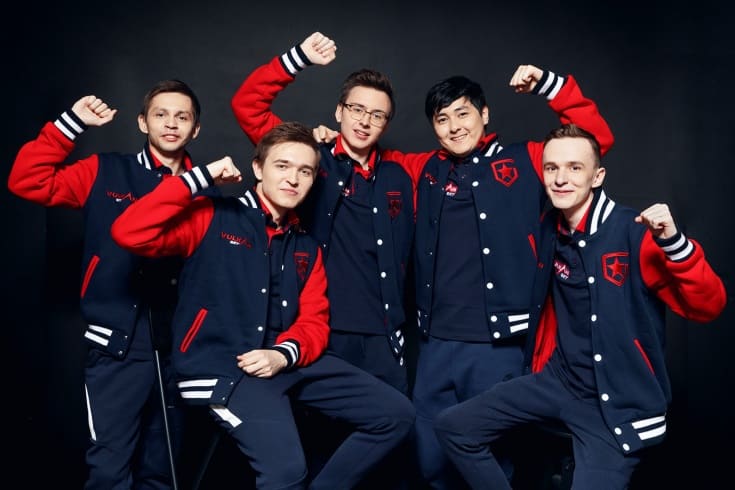
From the beginning, Gambit Esports has been a team that has focused on the first-person shooter (FPS). While the team also branched into Dota 2, Gambit is very selective about the challenges it embarks on. The team is currently one of the highest-ranking squads in the competitive CS:GO and Dota 2 ecosystems.
Astralis
- Founded: 2016
- Games: Counter-Strike: Global Offensive, FIFA, League of Legends
- Famous players: dupreeh, Xyp9x, Gla1ve
- Sponsors: Unibet, Turtle Beach, OMEN by HP, Logitech G
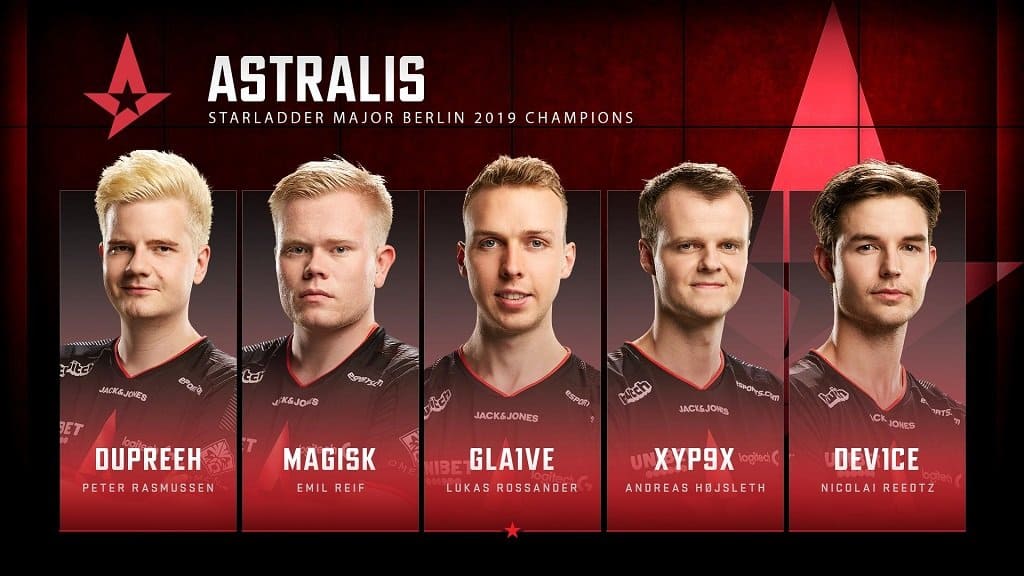
Astralis – is a relatively young team and one that politicians in Denmark are familiar with. The team has been a force to reckon in the CS:GO scene since 2018, but Astralis' experience has suffered little later. That is nothing to worry about as the squad is still holding high in HLTV.org, and they are doing well in the 2021 competitive season. The team has several other franchises, but their main focus remains the Counter-Strike: Global Offensive which is also their most successful endeavor.
FaZe Clan
- Founded: 2010
- Games: Call of Duty, FIFA, FIFA Online, Counter-Strike: Global Offensive, Fortnite, PlayerUnknown's Battlegrounds, PUBG Mobile, Rocket League, Tom Clancy's Rainbow Six Siege, Valorant
- Famous players: Marcelo David, Twistzz, Olofmeister
- Sponsors: G Fuel, Scuf Gaming, SteelSeries, Nissan, HTC Gaming, Wix, Manchester City, CTRL
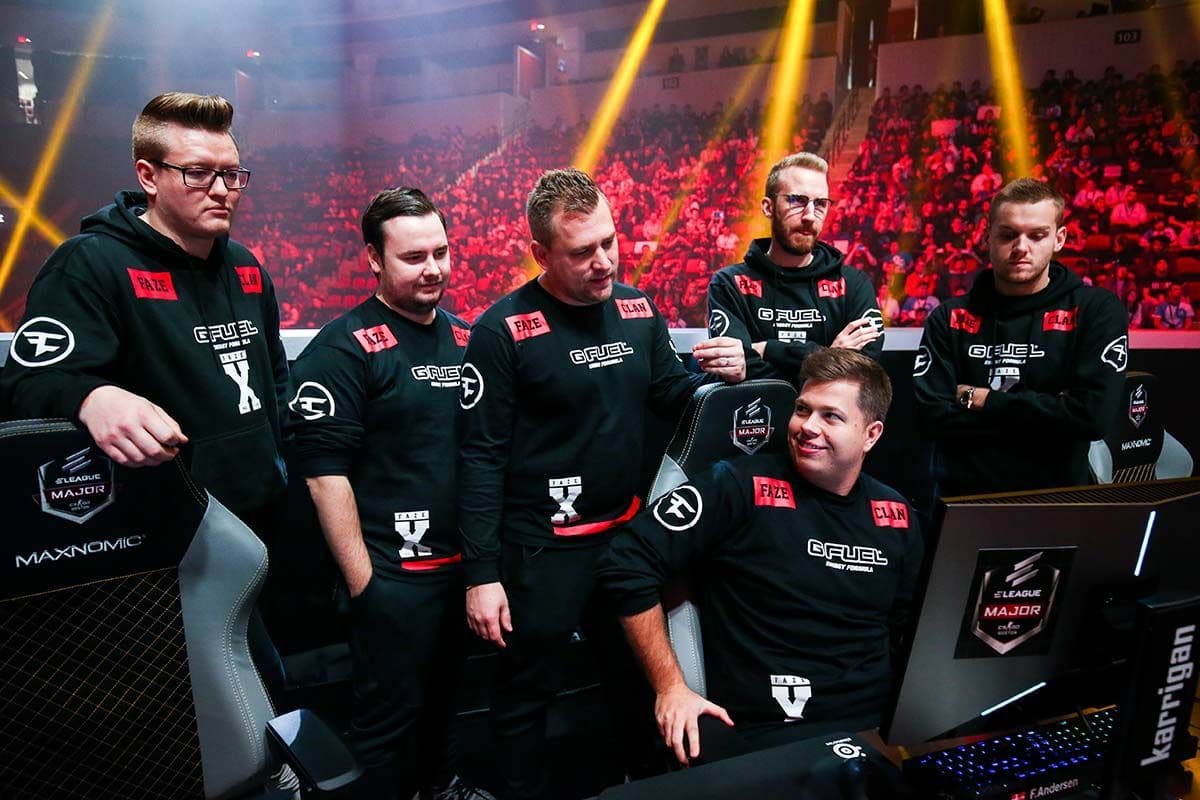
FaZe Clan – started as a streaming project where team members would educate people about Call of Duty. Their videos got a lot of attention, and eventually, FaZe Clan found itself in a situation where it was perpetually asked to deliver new content to eager and loyal viewers. While many teams wanted just to compete, FaZe quickly realized that it had bigger fish to fry.
The organization decided to split into two arms, content and competitive. During the pandemic in 2020, FaZe Clan's revenue soared precisely because its content arm pushed hard and made many entertaining videos and materials.
100 Thieves
- Founded: 2017
- Games: Call of Duty, Call of Duty: Warzone, Fortnite Battle Royale, League of Legends, Valorant
- Famous players: Diego Lima, Martin Andersen, Rhys Price, Thomas Trewren
- Sponsors: Omen, Rocket Mortgage, Grubhub, Cash App, AT&T, JBL, DSC, Truly Hard Seltzer, Twisted Tea, StockX, Drake
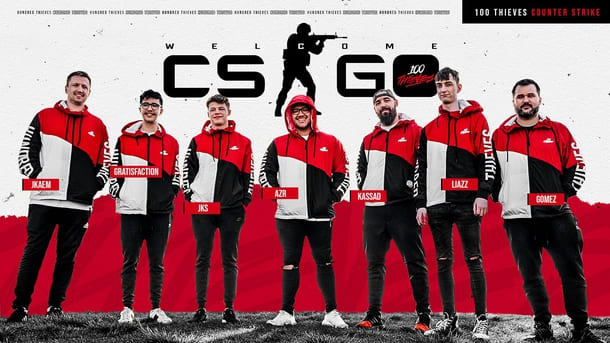
100 Thieves – is both an esports team and a lifestyle brand that has established a significant presence in competitive gaming over the years. Today, 100 Thieves is co-owned by Drake, a rapper, and the organization has received substantial investment from established names in the entertainment industry, such as Imagine Dragons. This success has mostly to do with Nadeshot, the gamer-turned-entrepreneur who managed to attract a top-dollar to his organization, and it has been paying off.
Fnatic
- Founded: 2004
- Games: Counter-Strike: Global Offensive, Dota 2, FIFA, Fortnite Battle Royale, League of Legends, Rainbow Six Siege, Valorant
- Famous players: Moon, DJ, Jabz, Krimz, Jackinho, Bwipo, Adam
- Sponsors: AMD, Anda Seat, BMW, Fnatic Gear, Hisense, Jack Link's, Letou, Monster Energy, OnePlus, Parimatch, PCSPECIALIST, Twitch
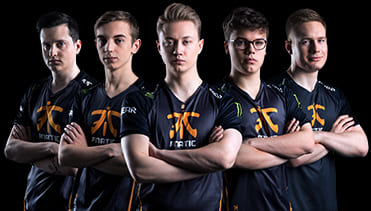
Fnatic – is another exceptional team formed in 2004 and rightfully being one of the oldest clans there is. When Counter-Strike: Global Offensive was far from a competitive title, Fnatic was already at it and looking to find new ways to develop the competitive scene. Dota 2 followed soon after, and these two games proved the backbone of Fnatic's esports operations. Over the years, not much has changed, but the organization has decided to branch out into other games, including Rainbow Six Siege, Valorant, and League of Legends, to name a few.
FunPlus Phoenix
- Founded: 2017
- Games: League of Legends, Counter-Strike: Global Offensive, Valorant, Fortnite Battle Royale, PlayerUnknown's Battlegrounds
- Famous players: Titan, Lwx, Crisp, Doinb
- Sponsors: BMW, Herman Miller, Huya Live, OPPO, PUMA
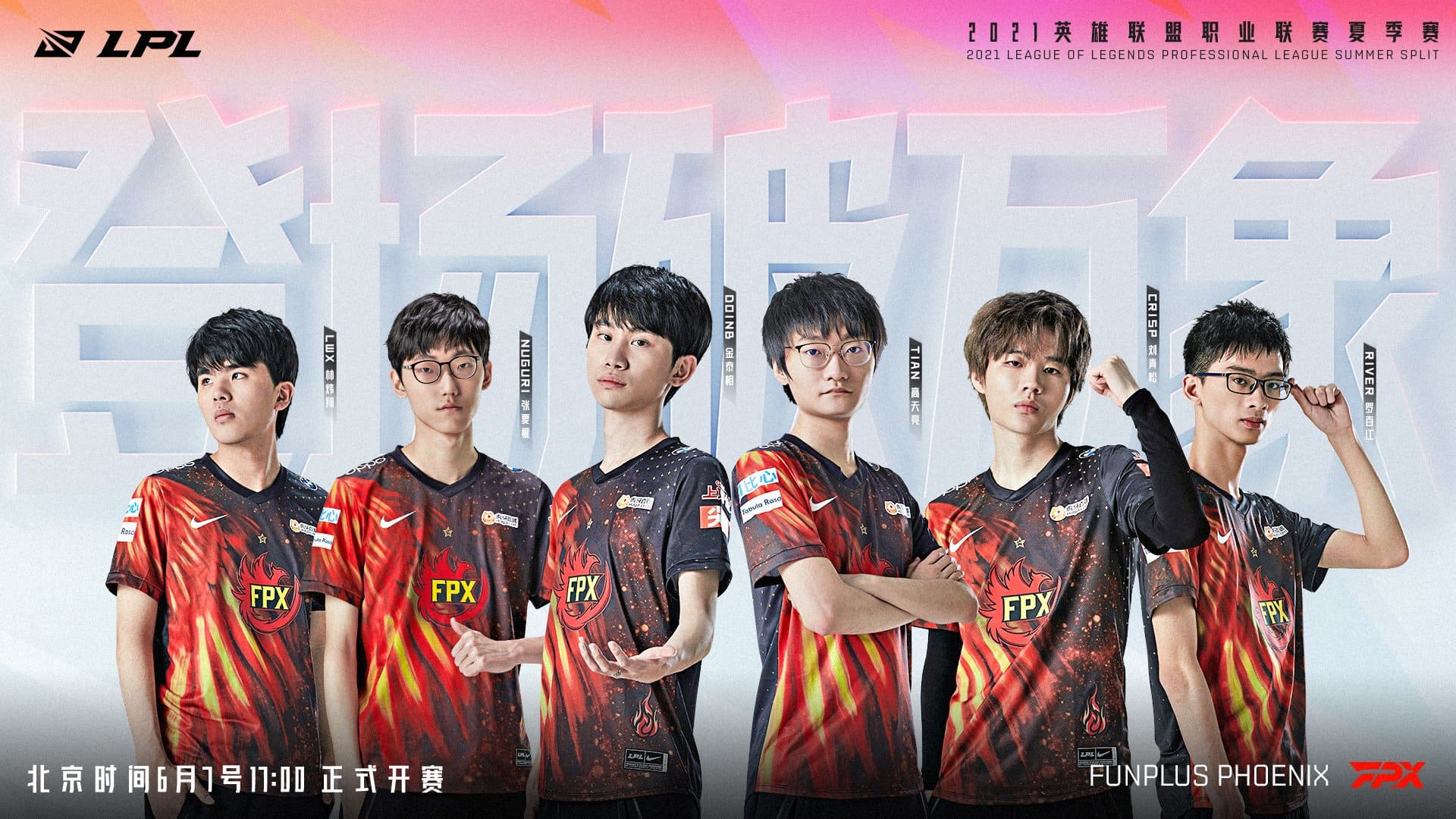
FunPlus Phoenix – is one of the most powerful franchises when it comes to League of Legends. Founded with the sole purpose of conquering the highest levels of competitive video gaming, FunPlus' success in League of Legends is proof of that commitment and end goal. The team has managed to establish itself as a strong name in other realms of the experience, and despite its high profile in MOBA games, LOL is the only title from the genre it has explored further.
TSM FTX
- Founded: 2009
- Games: League of Legends, Clash Royale, Valorant H1Z1, Hearthstone, Apex Legends, PlayerUnknown's Battlegrounds, Super Smash Bros., Fortnite: Battle Royale, Tom Clancy's Rainbow Six Siege, PUBG Mobile
- Famous players: Leffen, Doublelift, Hauntzer, Huni, Cody Sun
- Sponsors: GEICO, Twitch, MTN Dew Game Fuel, Grubhub, Lenovo, Logitech
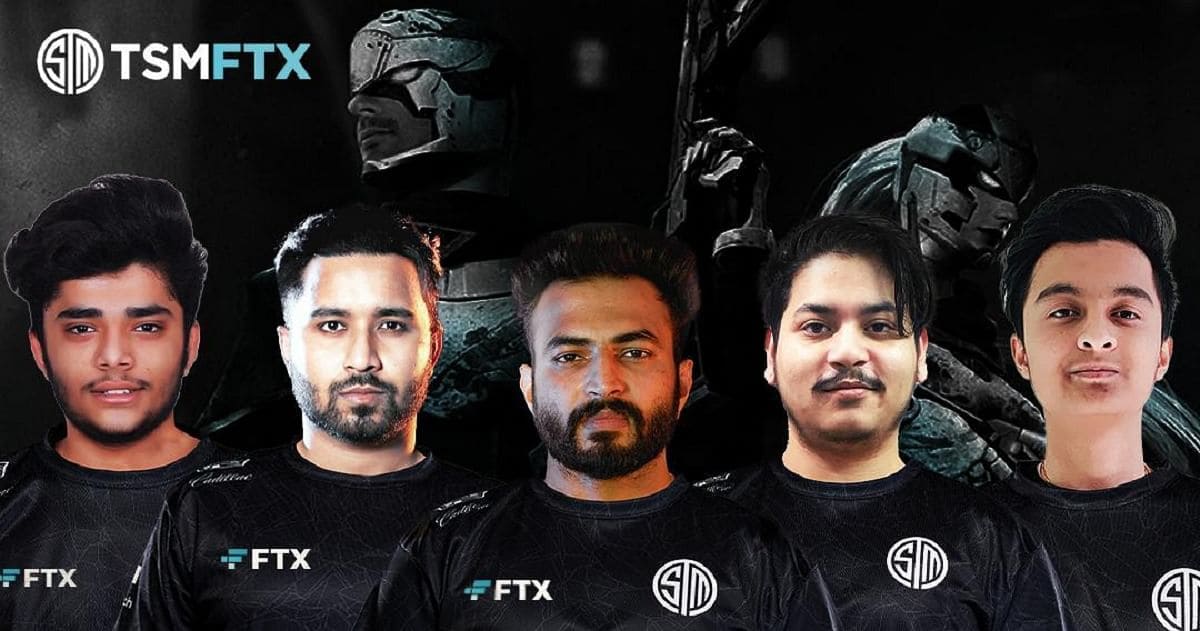
Team SoloMid, now TSM FTX – is one of the most significant teams of all time. They started with League of Legends in 2009 when the team's name meant but one thing – an online community board where League of Legends players would gather around to talk about various aspects of the experience.
TSM quickly became a beacon for everyone looking to play in competitive LoL. Although the atmosphere was casual and relaxed, a community of players who were interested in participating and making it to the top appeared quickly. For that reason and others, TSM went from a community to a well-rigged machine that quickly realized its potential on the competitive esports scene.
Cloud9
- Founded: 2013
- Games: Fortnite, Valorant, Hearthstone, Overwatch, Rainbow Six Siege, Super Smash Bros. Melee, League of Legends, Teamfight Tactics, World of Warcraft
- Famous players: Sneaky, Zven, Meteos, Svenskeren, KioShiMa, Smoothie
- Sponsors: A&T, BMW, Kaiser Permanente, Microsoft, Puma, and Red Bull
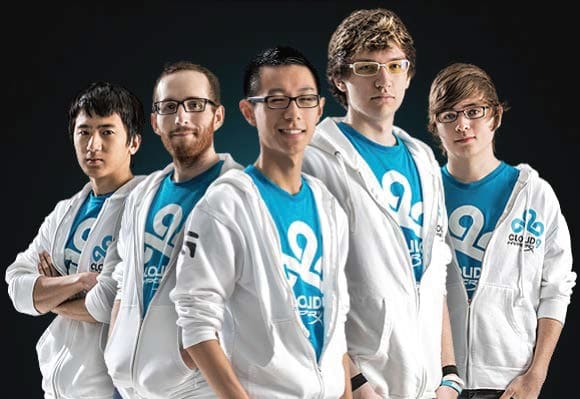
Cloud9 – is touted as the highest-grossing team the world has seen, and that is just about right. A few years ago, Forbes named Cloud9 the most expensive esports franchise, with the organization having its paws in many pies. Today, Cloud9 continues to expand, and its involvement in various games is evident. However, after the pandemic, Cloud9 was forced to go ahead with a difficult decision and decided to leave the competitive Dota2 scene, which is the biggest absentee in its roster of competitive titles today.
G2 Esports
- Founded: 2014
- Games: Clash Royale, Counter-Strike: Global Offensive, Fortnite, Hearthstone, iRacing, League of Legends, Rainbow Six Siege, Rocket League, Valorant
- Famous players: Marcin Jankowski, Reklles, Caps, SmithZz, Westballz, sOAZ
- Sponsors: Adidas, AORUS, Logitech, BMW, AIMLAB, Twitch, Lenovo, MasterCard, AOC, Hdac Technology AG, nicecactus, Paysafecard, Pringles, Philips, Red Bull, Secret Lab
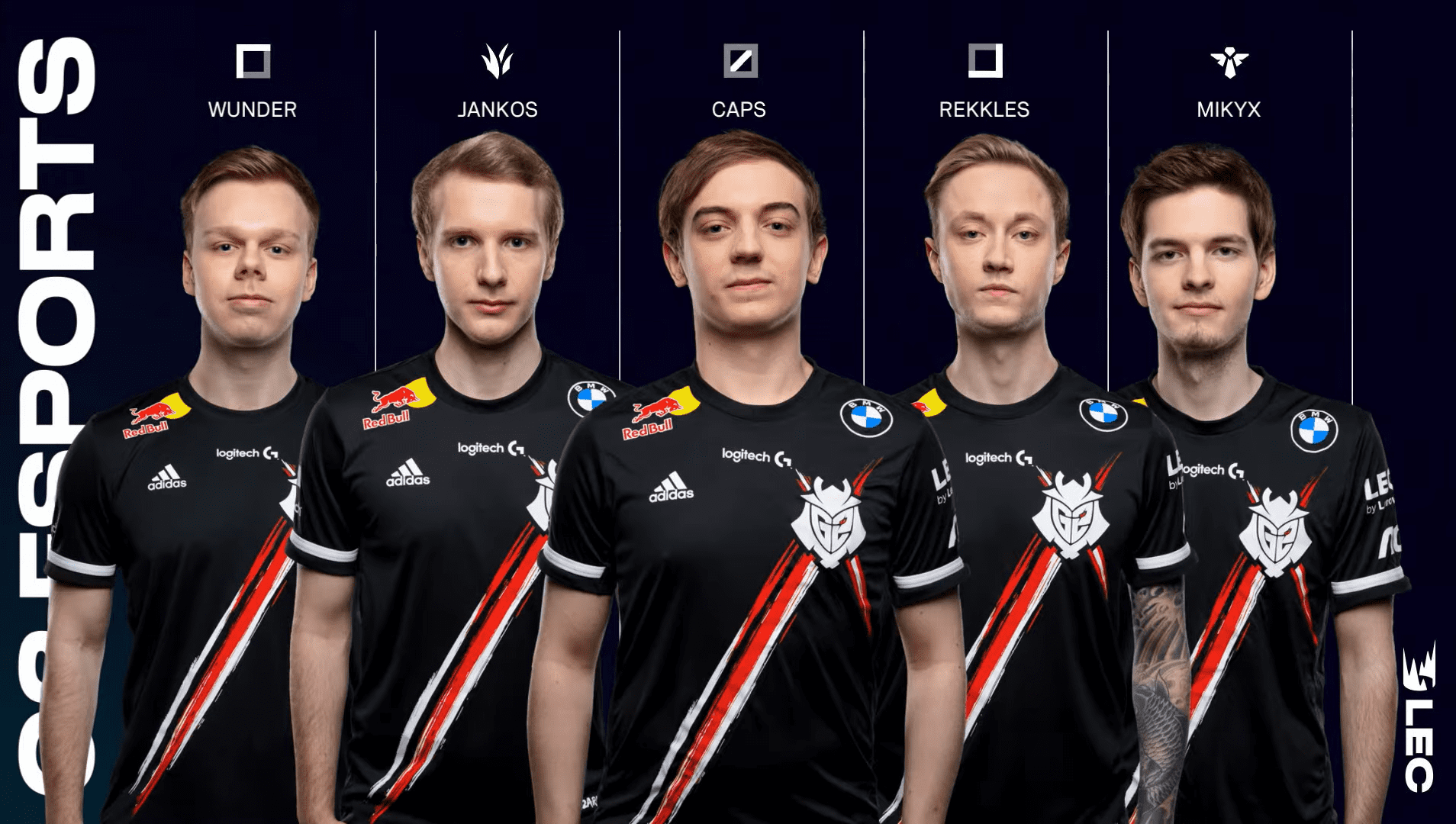
G2 Esports – presently dominates the Counter-strike: Global Offensive scene more so than any other team. The subsequent choice of titles shows the in-house know-how and expertise that goes into training some of the best and most talented FPS players out there. G2 Esports is definitely an interesting franchise, and they have a lot of clout in the competitive world of video gaming.
Esports sponsorships are an essential part of the ecosystem, and while you may be thinking that only video game companies would be interested in putting their names, that's not true. In fact, roughly 40% of all esports revenue comes from sponsorships, making the sector even more exciting. Investors such as Herman Miller, BMW, KIA, Red Bull, AS Monaco, and Paris Saint-Germain are all flocking to the sector in a bid to put their names on esports players' jerseys and increase their footprint in what is one of the most dynamic sectors of the past decade.
- Herman Miller
- BMW
- KIA
- Red Bull
- AS Monaco
- Paris Saint-Germain
Esports is an opportunity to promote to Millennial and Gen Z audiences who have plenty of disposable income and are interested in spending it on something they find worthwhile. To get a good idea of how important sponsorships are in esports, it suffices to say that some esports organizations are willing to pay between $40 million and $60 million to get a spot in the so-called Overwatch or Call of Duty Leagues. It's not just those leagues. Riot Games' League of Legends also operates as a franchise model.
- Overwatch League
- Call of Duty League
- League of Legends League
The upshot is that investors are willing to pay a pretty penny to push their names and brands in front of young audiences with a strong purchasing power. But how much do sponsors contribute to the industry? Well, esports is worth over $1 billion, so this means that at least $400 million every year come from various sponsorship opportunities.
But how big are these partnerships? The best way to gauge that is to talk on a per-case basis. For instance, when Team SoloMid signed its naming rights partnership with cryptocurrency exchange FTX, the team rebranded to TSM FTX, and the deal itself was estimated at $210 million paid over the next ten years. This is one of the biggest partnerships signed to date in purely financial terms, but it's not the biggest name out there. Many organizations have been attracting prime sponsorships. 100 Thieves, an organization that started as a competitive outfit but quickly shifted its focus on lifestyle solutions, has signed with many important figures from the world of entertainment.
Imagine Dragons is an investor in the company and esports team(s), and so is Drake, who got so impressed with competitive video gaming and Nadeshot that he decided to buy ownership in the team and put himself on the landscape.
However, the number of people investing in esports is definitely not small, and you can see more successful sponsorships going into the competitive video gaming scene. For once, you have Mavs Gaming, the NBA 2K League team owned by Mark Cuban, a billionaire and shark tank investor touted as one of the brightest financiers of our time.
The list of significant sponsorships in esports continues. There is also Michael Jordan, who decided to probe the esports waters and invested in aXiomatic Gaming for a shot at making it to the very top. He put down $26 million in the team, making it one of the biggest investments in the sector.
- FTX
- Imagine Dragons
- Drake
- Nadeshot
- Mark Cuban
- Michael Jordan
Cloud9 has been able to attract a motley bunch of investors of its own, focusing on both native and non-native brands such as A&T, BMW, Kaiser Permanente, Microsoft, Puma, and Red Bull and generally enjoying a great experience.
Hold on, and you may be wondering – what do lifestyle, sports, and car brands have to do with the esports sector? You are technically correct. KFC and PepsiCo make so much more sense as gamers usually gobble down fast food, which is a common perception.
Well, that is not true. More and more people care about their well-being. But, when it comes to investing in esports, brands know that people still need cars, sportswear, and other items not directly associated with gaming.
With close to a billion people watching esports worldwide, it's understandable why BMW and Puma want to push their branding in the face of people. More eyeballs mean more people buying their cars and merchandise, and that is understandable.
Every major esports house has partnerships today, and that is by design. To put it this way, there is no esports team that plays on the highest level that doesn't have a plethora of potential partners to pick from. There is no partner beyond the reach of esports.
Both Coinbase and Gemini, another duo of cryptocurrency exchanges, have opted for esports, knowing too well the type of people who watch and enjoy this type of content, to name young and savvy people who have plenty of disposable income.
- Kaiser Permanente
- Microsoft
- Puma
- KFC
- PepsiCo
- Coinbase
- Gemini
Are esports here to stay, you may wonder? The answer is most definitely yes. As part of the entertainment and sports industries, esports is a unique phenomenon with cultural significance, and it's here to stay. While some people may still have a hard time stomaching whether esports are sports, their staying power in today's society is undeniable, and we are likely to have them for centuries to come.

































